Author Archive
Gender Euphoria in Frankissstein
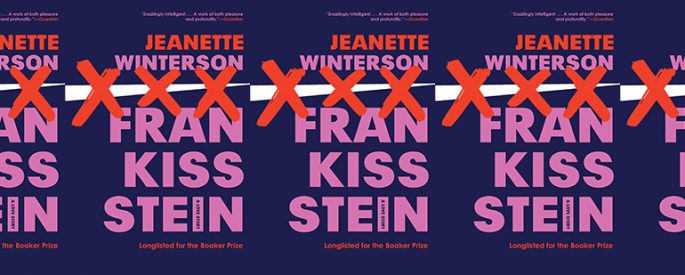
Contrary to the arguments made for the total disembodiment of humanity through digital consciousness, the protagonist in Jeanette Winterson’s 2019 novel presents a striking argument for remaining in human bodies: gender euphoria.
The Unfamiliar and the Strange
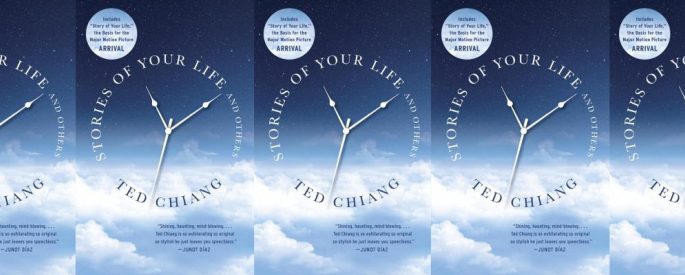
Ted Chiang demonstrates that balancing the familiar and the strange in science fiction is not simply a case of having new technologies alongside old, but understanding what is familiar in sci-fi and how logic itself can serve as a kind of familiarity to guide the reader through novel ideas.
Curiosity in Carola Dibbell’s The Only Ones
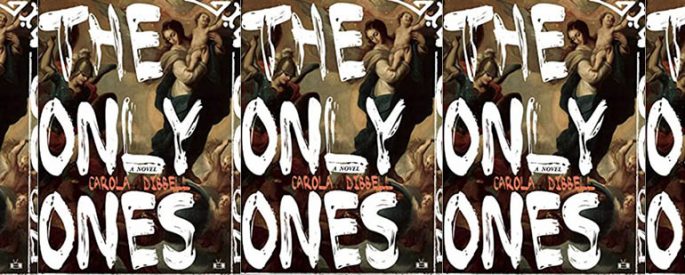
While the protagonist of Carola Dibbell’s 2015 novel appears to be the perfect object of scientific research, the character’s actions reveal an attempt at garnering agency through her own curiosity in the scientific process.
Time’s Arrow and the Stories We Tell Ourselves
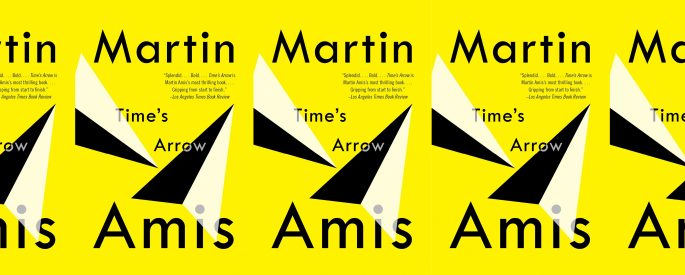
Martin Amis’ 1991 novel is principally a story about ideology, but it is also a story about denial, and the lengths we will go to justify our own hateful actions.
The Biopolitical Body of Convenience Store Woman
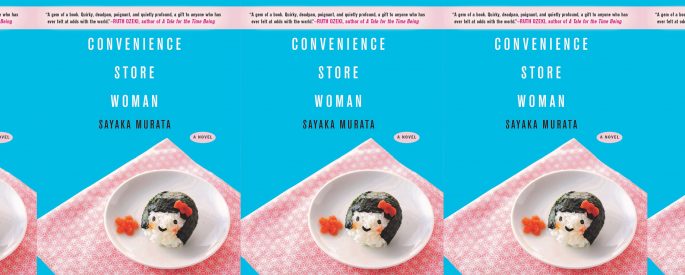
Throughout Sayaka Murata’s 2016 novel, the protagonist presents herself as an object of the convenience store that employs her. But the implied morality of the book suggests that this state of bodily control to which she willingly subjects herself may not be as simple as either oppression or free
What Is Social Media Doing to Us?
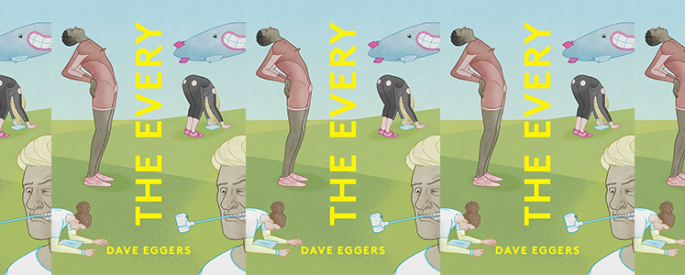
Dave Eggers’ 2021 novel, through a demonstration of the real-life consequences of the proliferation of social media behaviors, paints a dire picture of the future, in which concern quickly becomes panic, and uninterrupted conversations are rare.
Generational Conflict in Jacqueline Harpman’s I Who Have Never Known Men
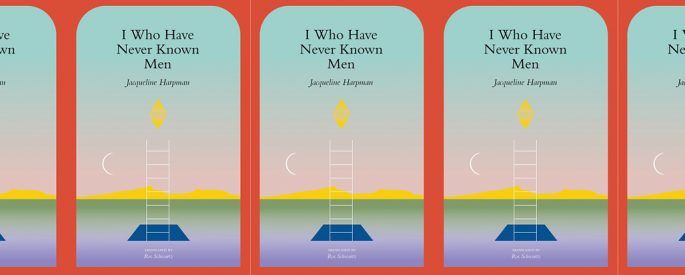
Jacqueline Harpman’s 1995 novel presents a debate about what is best for a post-apocalyptic world, exploring generational conflict regarding the relevancy of norms from the old world in the new.
The Climate Narrative within This Is How You Lose the Time War
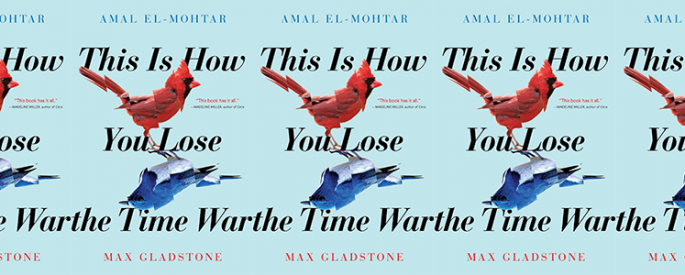
Amal El-Mohtar and Max Gladstone’s 2019 novel is primarily a love story, but through a series of metaphors and associations, it also reveals itself to be a veiled climate novel, not only fictionalizing the climate crisis but perhaps also suggesting a solution to it.
The Homo Sacer Figure and The Time Traveler’s Wife
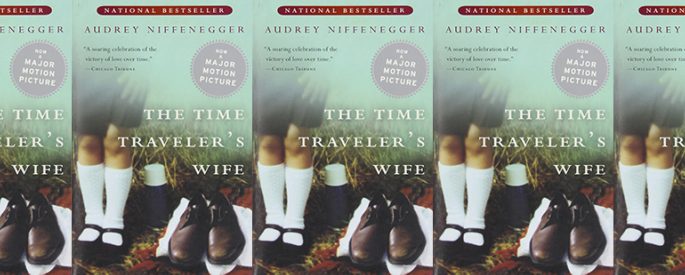
While Giorgio Agamben notes many modern examples of his homo sacer figure, another can be found in Audrey Niffenegger’s 2003 novel, via her reluctant time traveler, Henry.
Solidarity and Differentiation in Detransition, Baby
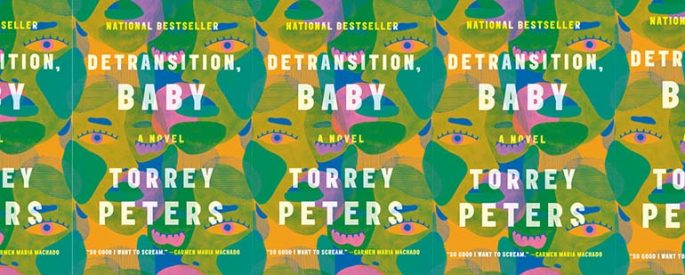
In teasing out the nuance in discussions about how people of all gender identities can relate to one another, showing solidarity while still acknowledging their differences, Torrey Peters manages to, as she states in her 2020 novel’s acknowledgements, present “trans feminine culture in the new millennium.”